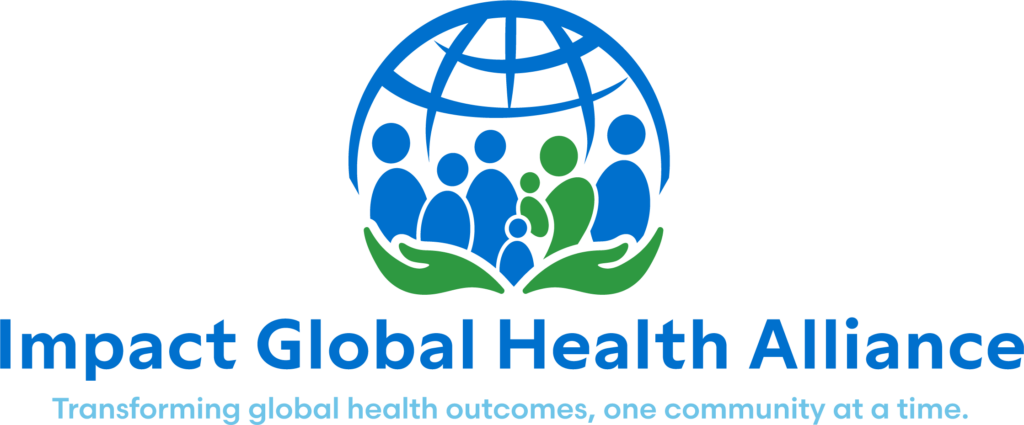David Hanna
I think there are three major things we take for granted. The first is the cleanliness of our environment, the second is the healthcare we have access to, and the third is the ideology that all human beings are equal. The cleanliness of our environment results from people being informed of the consequences of not taking care of our environment. Most people in the U.S. take the time to recycle and throw things in the trash, while in Calhuitz most of the people threw their trash on the ground. Secondly, we have access to the best modern healthcare while in Calhuitz healthcare is severely limited and too expensive for the people. Lastly, in the U.S. the majority believes men and women are equal, but in Calhuitz the women have little control over their bodies and the men usually make decisions on the women’s health, even in life or death matters.
 |
Jessie Keener
While coming into a new place, trying new food, and adjusting to the high altitude could all be deemed as challenging, the most challenging part of this trip is being constantly reminded that in the world there are people who have to live with so little yet are joyful through it all. The people of Calhuitz are gracious, loving, and supportive, yet their family has less clothes than the ones only in my closet. It’s hard seeing a child wear the exact same filthy shirt for an entire stay, or a girl scrape her toes during duck-duck-goose because her shoes have huge holes. Not only did this hurt my heart to see but also challenged with two things. How can I further help? And how am I not constantly grateful and joyful as I have nearly unlimited resources in comparison? This trip challenged me to open my eyes and not only see reality in the world where we are needed to help and serve, but to also be grateful in all circumstances.
 |
Amanda McDaniels
I most definitely believe that I take a lot for granted back home in the states. In Calhuitz, water is only present for a short amount of time – two hours. The people have to wash and cook food with those two hours of water. But they have learned to gather large buckets of water and preserve them for future uses. Back at home, I will admit that sometimes I do end up taking quite long showers – up to an hour. One thing that I will try to improve is shorter showers. We quickly found that at night it became very cold very quickly. A sheet, two wool blankets, socks, sweats, a long sleeve shirt, and a jacket would keep you warm for the most part. I am definitely spoiled when it comes to heat in the winter. I can easily go to the thermostat and turn the heat up. These are only two minor things I take for granted. I could go on to talk about plumbing, clothes, housing, and education. Things that seem so simple back in the U.S. Going for ten days seeing these things and living without a few of them for a while has definitely impacted me and forever will. I need to realize complaining about the temperature in the house is the least of my worries and understand that other people have much less but are still happier than ever.
 |
Katie O'Donnell
I knew that not all places were as developed as the U.S. but I had never first-hand seen a developing country and I realized they did not have many things that are expected in the U.S. I learned how the local people live which made me much more grateful for what I have and my lifestyle.
 |
Jessica Townsend
Everything about this trip was a great experience for me. The people of Calhuitz, the sites, the group leaders, and my fellow volunteers were all great. Everything made me think more open-mindedly and be appreciative of my experiences and opportunities.
 |
Click here to learn more about Fayetteville Academy's time in Guatemala.




